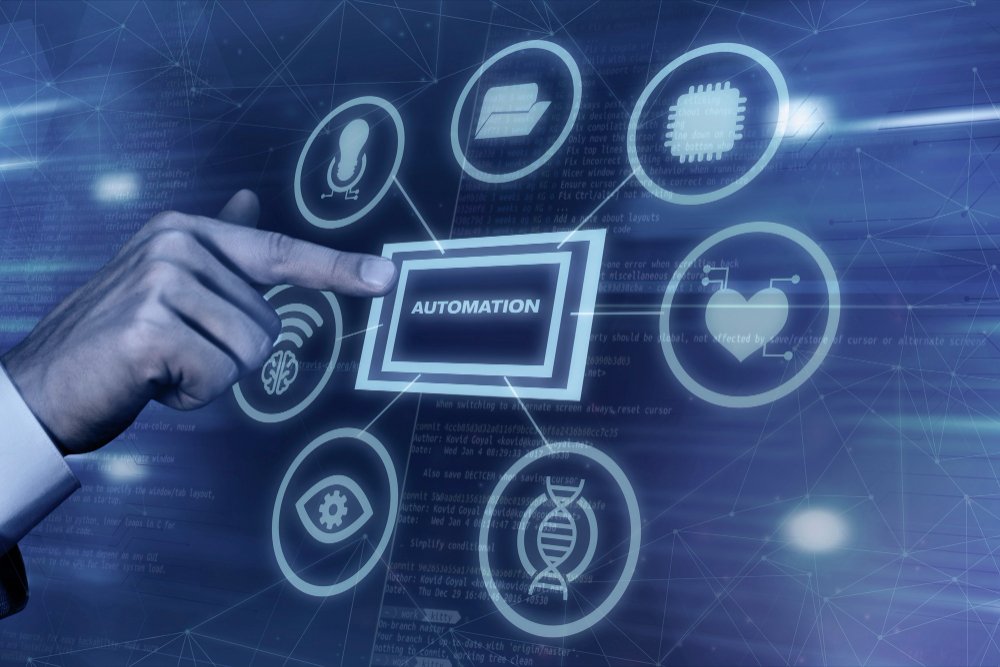
Introduction
Digital workflows are evolving faster than ever before. As enterprises move beyond traditional automation, the focus has shifted from simple chatbots to cognitive AI agents capable of understanding context, reasoning like humans, and automating decision-making.
The combination of Custom AI Agent Development Services and AI Workflow Automation is helping businesses reimagine operations streamlining communication, boosting productivity, and enabling truly autonomous systems that scale intelligently with organizational needs.
This transformation marks a major leap in enterprise efficiency, ushering in a new era of intelligent automation.
1. The Evolution: From Chatbots to Cognitive Agents
Initially, chatbots were rule-based tools limited to answering predefined queries. They followed scripts, lacked context-awareness, and couldn’t handle complex requests.
Enter cognitive AI agents intelligent systems that go beyond static responses. Powered by machine learning, natural language understanding (NLU), and AI reasoning, these agents can:
- Understand user intent and emotional tone
- Learn from every interaction
- Automate multi-step workflows autonomously
- Integrate with enterprise systems for real-time insights
This shift has moved automation from being reactive to proactively intelligent enabling agents to take actions before human intervention is even required.
2. How Custom AI Agent Development Services Enable Smart Workflows
Enterprises require more than plug-and-play bots. They need tailored intelligence that aligns with their internal logic, data, and compliance needs.
That’s where Custom AI Agent Development Services make the difference. These services create bespoke solutions capable of:
- Automating end-to-end business processes
- Orchestrating workflows across CRM, ERP, and HR systems
- Managing multi-departmental tasks autonomously
- Generating insights to optimize business operations
Through custom training on enterprise-specific data, these agents evolve continuously becoming smarter, faster, and more aligned with business objectives over time.
3. The Power of AI Workflow Automation
AI Workflow Automation enhances efficiency by replacing manual and repetitive processes with intelligent, self-improving systems.
When combined with AI agents, automation becomes contextual and adaptive, ensuring that every task from data processing to customer communication is executed with precision and intelligence.
Key benefits include:
- Reduced human error through predictive automation
- Shortened turnaround times in service delivery
- Better resource utilization and task prioritization
- Continuous process optimization using AI analytics
For instance, in financial institutions, AI agents can manage risk evaluation workflows, while in manufacturing, they automate quality checks and production scheduling.
4. Key Use Cases Across Industries
| Industry | AI Agent Use Case | Result |
|---|---|---|
| Finance | Automated loan processing and fraud detection | Faster approvals and improved compliance |
| Healthcare | Patient record management and predictive diagnosis | Enhanced accuracy and efficiency |
| Retail | Inventory optimization and customer recommendation systems | Boosted sales and reduced waste |
| Manufacturing | Predictive maintenance and quality control | Reduced downtime and increased output |
| IT Services | Automated incident resolution | Faster issue tracking and reduced support costs |
These examples show how AI agents powered by custom development and workflow automation are turning traditional processes into intelligent, autonomous systems.
5. How Cognitive Agents Enhance Collaboration and Efficiency
Unlike traditional bots that work in silos, cognitive AI agents can collaborate across teams and systems. They access enterprise data securely, automate task routing, and even communicate with other agents for decision coordination.
This interconnectivity leads to:
- Unified operations with no workflow bottlenecks
- Better data visibility across departments
- AI-driven decision-making that adapts in real time
- Enhanced customer experience through faster responses
Cognitive agents act as digital colleagues augmenting human teams with consistent, intelligent support.
6. Why Businesses Are Investing in AI Agent Development
Forward-looking enterprises view Custom AI Agent Development Services as a strategic investment, not just a technology upgrade.
By integrating intelligent agents into workflows, businesses achieve:
- A 40% increase in operational efficiency
- Significant reduction in repetitive manual tasks
- Improved decision accuracy through predictive AI
- Enhanced scalability across business functions
Ultimately, this results in data-driven transformation where decision-making becomes proactive, not reactive.
7. The Future of AI Workflow Automation
As AI models grow more sophisticated, we’re moving toward autonomous digital ecosystems where agents can independently handle complex enterprise functions.
The next phase of AI workflow automation will include:
- Multi-agent collaboration frameworks
- Real-time learning from user interactions
- Predictive workflow management
- Cross-platform automation using generative AI
Businesses adopting this early will position themselves as leaders in operational intelligence.
Conclusion
The transition from chatbots to cognitive agents marks a defining moment in enterprise automation. With Custom AI Agent Development Services and AI Workflow Automation, businesses are no longer just digitizing processes they’re intelligently optimizing them.
As enterprises continue to embrace intelligent systems, those that invest in custom, context-aware AI agents today will be the ones leading the automation revolution tomorrow.











Leave a Reply